California recently implemented a significant wage increase for fast-food workers, which has prompted McDonald’s Corp. to take some extraordinary measures to assist its franchisees in managing the escalating costs.
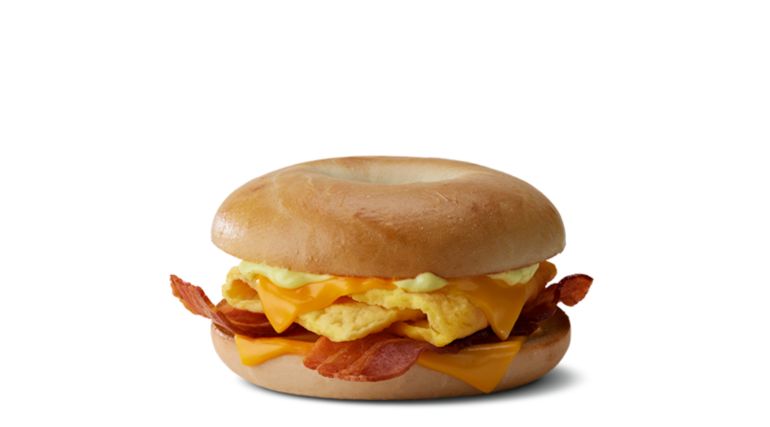
To counteract the financial strain caused by the mandatory 25% pay raise in California, McDonald’s has reintroduced bagel sandwiches, a beloved breakfast item, at its locations in the state. Additionally, the fast-food giant has allocated $15 million for local advertising efforts, a departure from its usual practice of nationwide promotions.
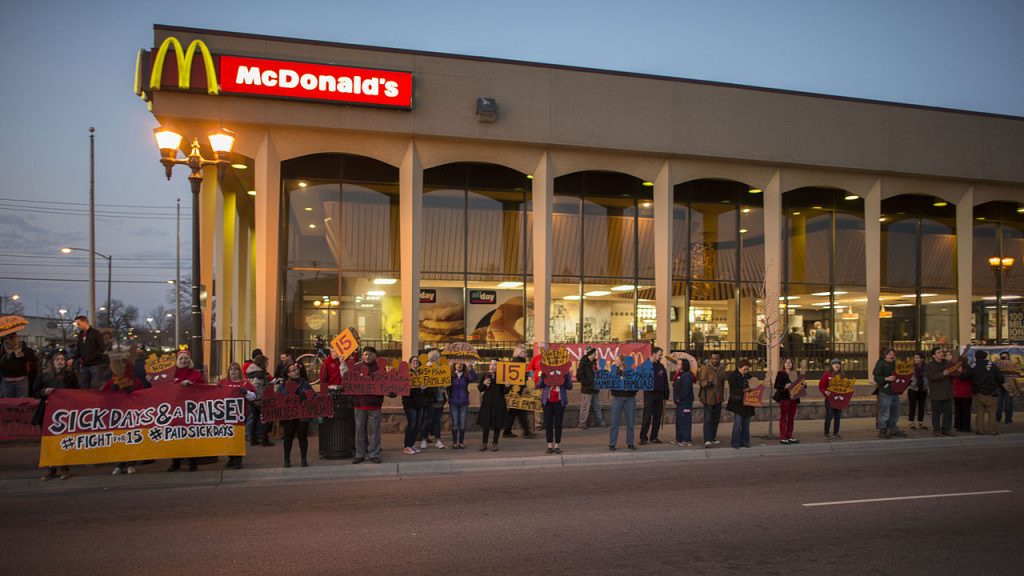
These strategic moves underscore the industry-wide urgency to address the challenges posed by California’s wage hike. For many McDonald’s franchisees, the new law represents a substantial financial burden, with estimates suggesting that each location could face costs of up to $250,000 without mitigation strategies.
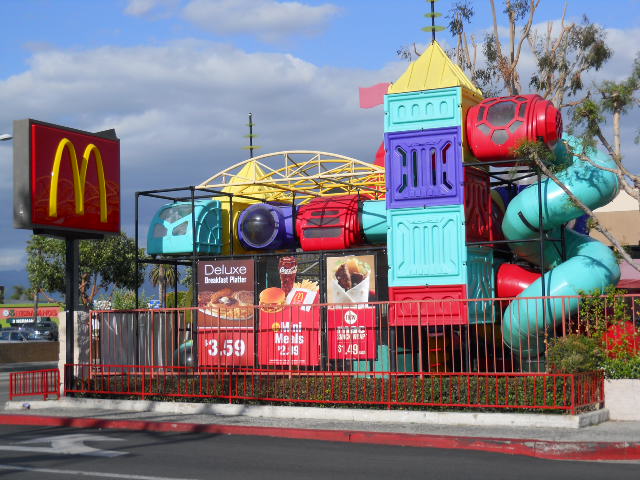
California’s mandate stipulates that fast-food workers must now be paid a minimum of $20 per hour, effective April 1, merely six months after the bill was signed into law. Concerns among franchisees about the potential negative impact on customer demand led to a collaborative effort with McDonald’s corporate headquarters to devise solutions.
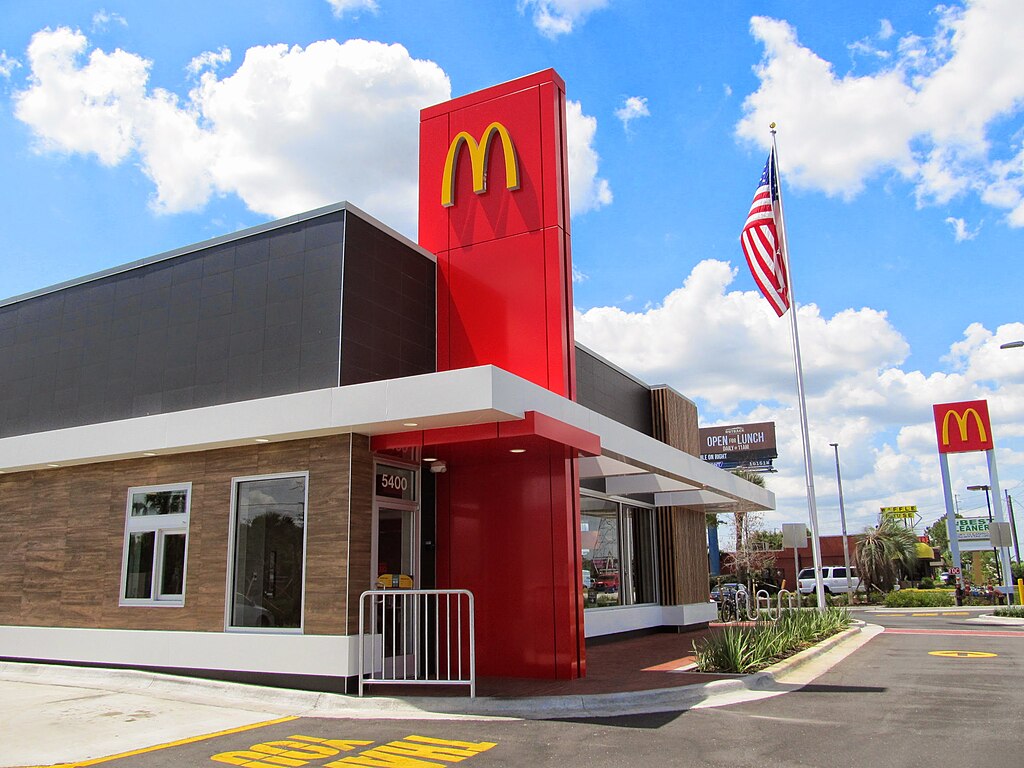
In response, McDonald’s established a task force dubbed the “Rise and Dominate” team, comprising employees and restaurant owners tasked with developing innovative strategies to address the wage increase. The team has drawn insights from various jurisdictions worldwide that have implemented similar wage hikes and is piloting both short- and long-term solutions tailored for California.
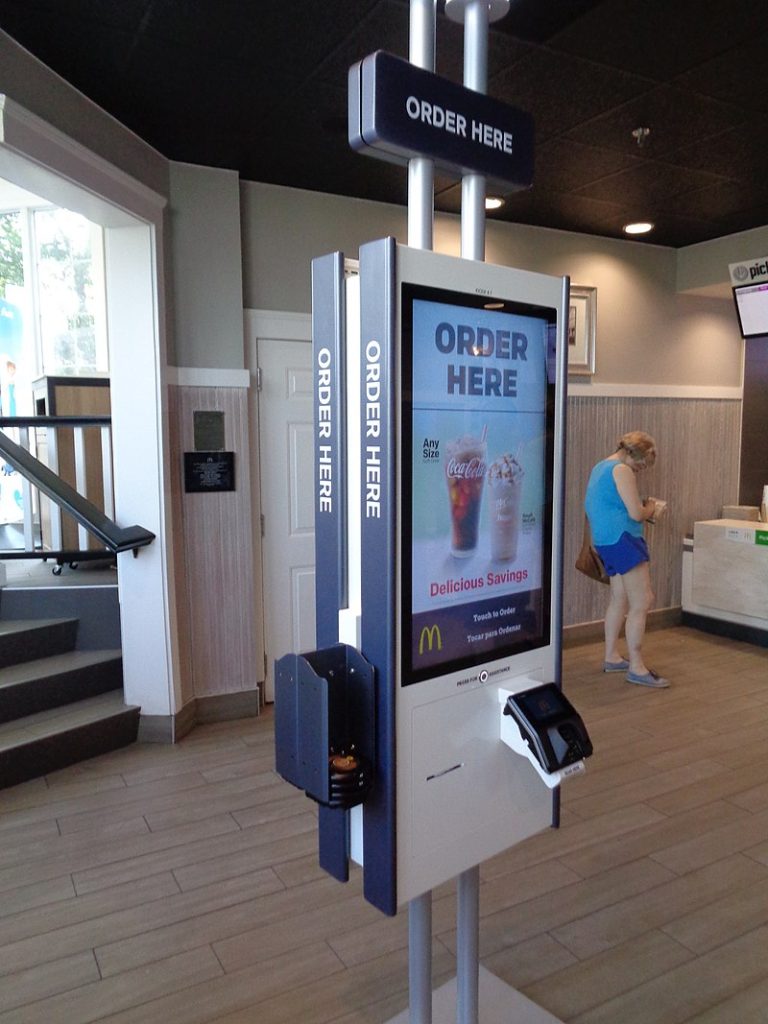
Among the initiatives proposed by the task force is the reintroduction of bagels, a move expected to attract more customers. Additionally, funds have been earmarked for advertising campaigns aimed at driving traffic, particularly through digital channels, which tend to yield higher profits.
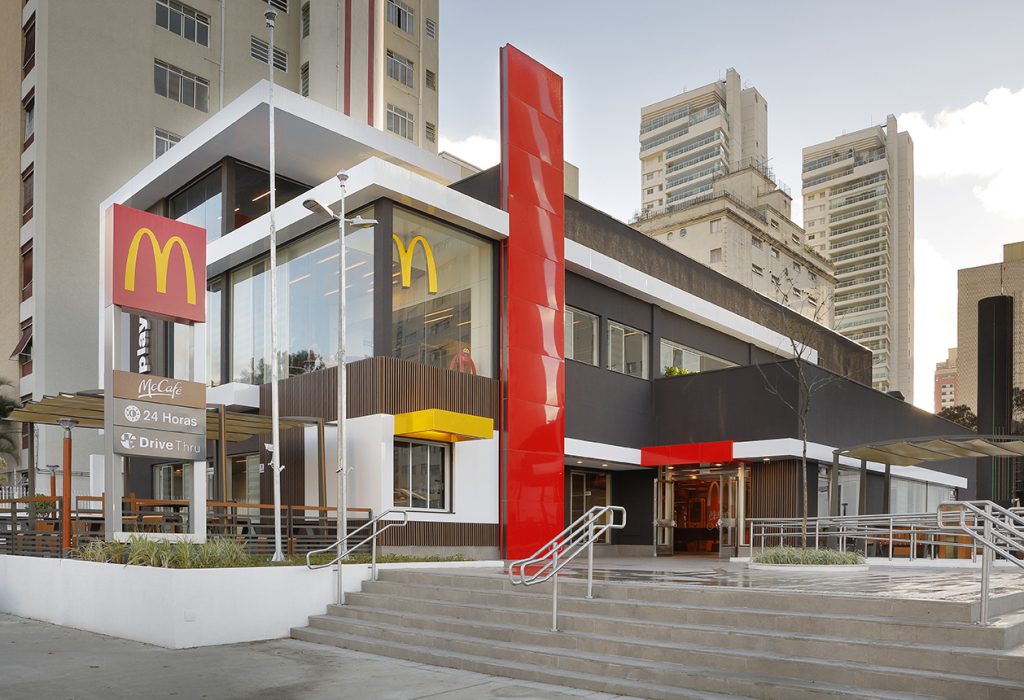
To further mitigate costs and enhance employee engagement, McDonald’s expedited the rollout of a new scheduling system that had been in development for four years. This system incorporates advanced communication tools, improved traffic projections, and data analytics to optimize operational efficiency and customer service.

McDonald’s anticipates that these measures, collectively, could potentially increase sales at California restaurants by 10% and improve profit margins, enabling them to break even despite the wage increase, according to insiders familiar with the plans.
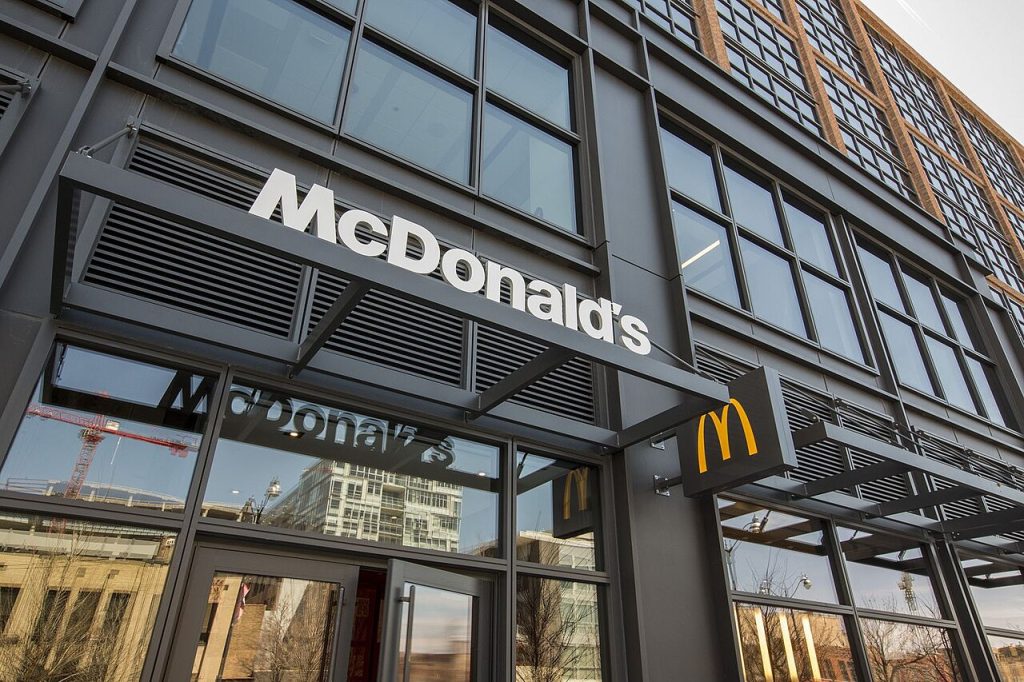
While franchisees have expressed appreciation for McDonald’s support, they remain cautious about the effectiveness of these initiatives in the long term. Meanwhile, other fast-food chains in California have preemptively raised prices in anticipation of the wage hike, with Burger King and Wendy’s witnessing price increases of 2% and 8%, respectively, from February to early April.

In contrast, the cost of a Big Mac meal at McDonald’s remained relatively stable during the same period, highlighting the company’s proactive approach to navigating the challenges posed by California’s wage legislation. With over 1,000 McDonald’s outlets across the state, the company’s efforts to adapt to the changing landscape of the fast-food industry are closely watched by both franchisees and competitors alike.





